Writing Not to Interpret, but to Change the World: Reflecting on the Politics of Prof Ngugi’s Writing
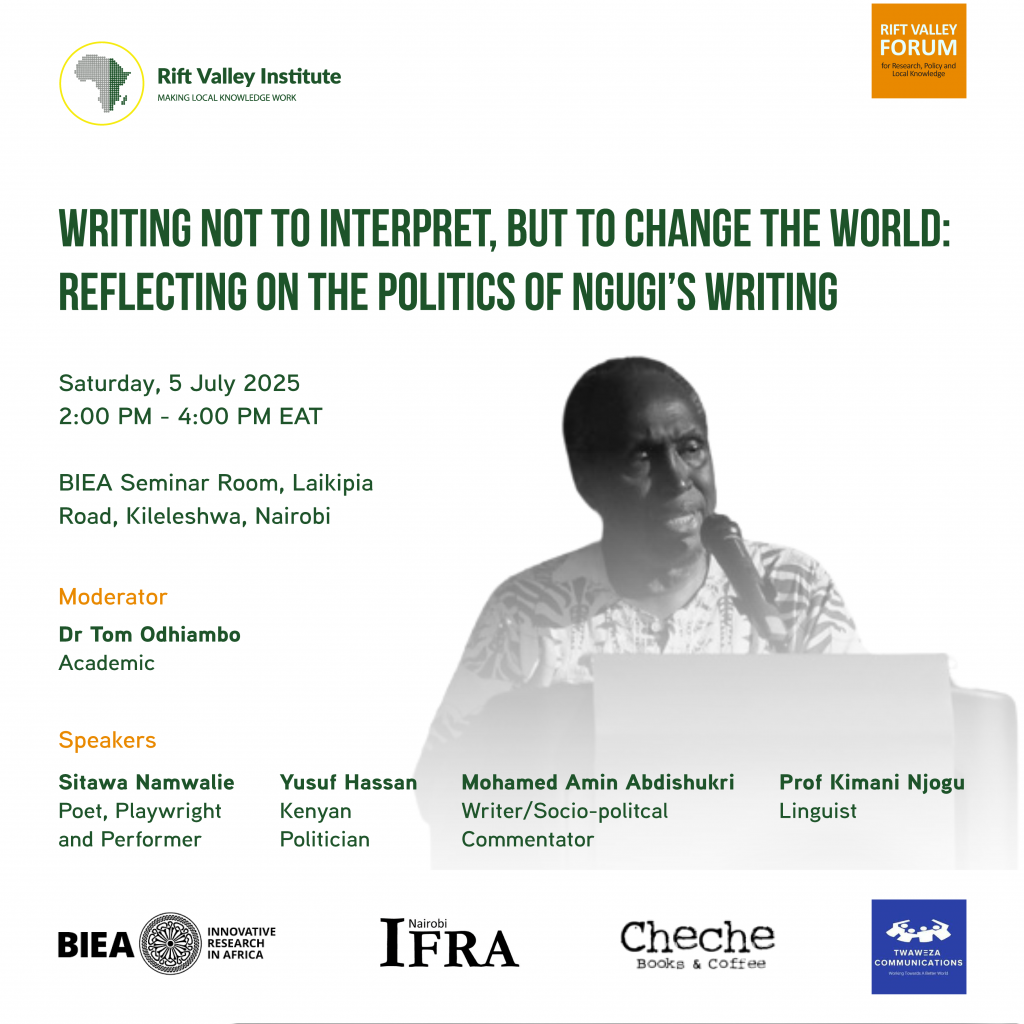
Format: Hybrid Venue: BIEA Seminar Room, Laikipia Road, Kileleshwa Date: Saturday, 5 July 2025 Time: 2:00 PM – 4:00 PM EAT Join us in honoring the legacy of Prof Ngugi wa Thiong’o, the celebrated Kenyan writer and academic, who passed away on 28 May 2025, at the age of 87. Ngugi was more than a […]
2025 SUDAN AND SOUTH SUDAN COURSE
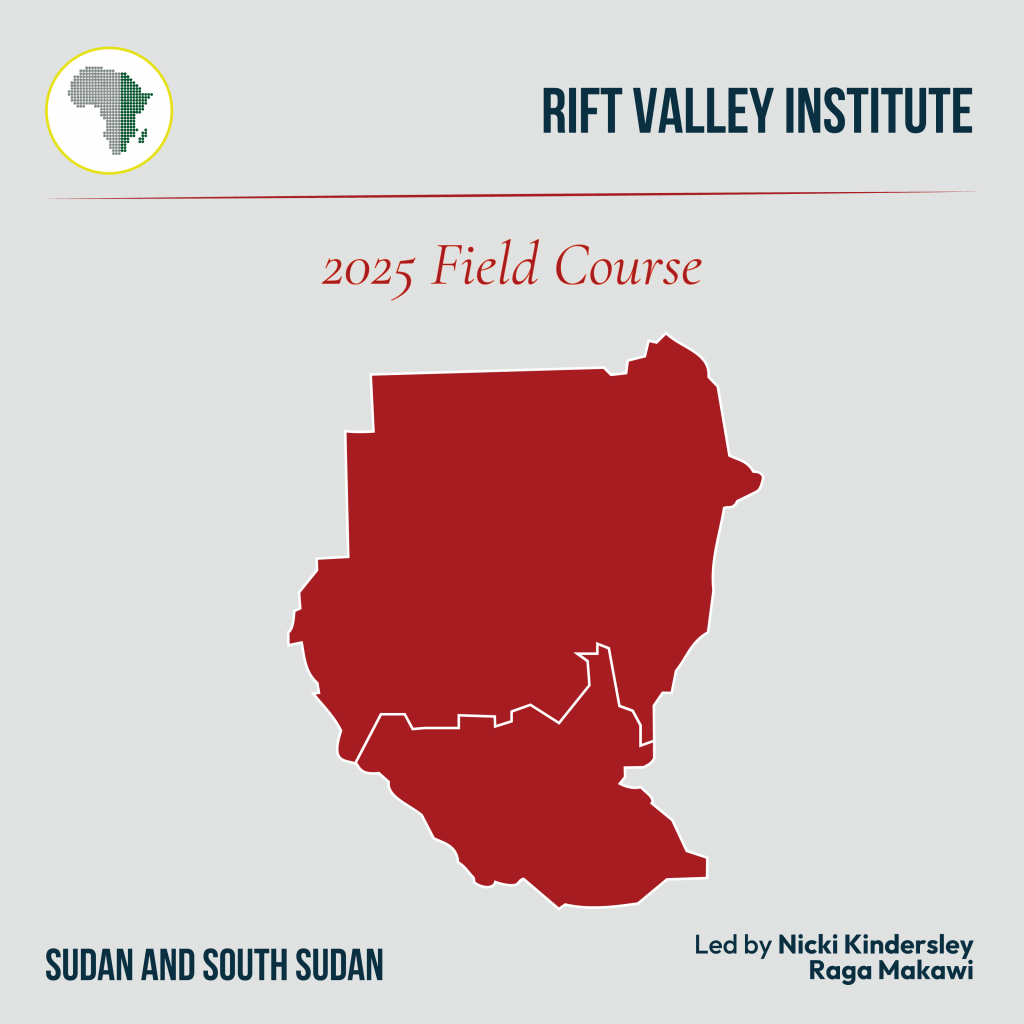
Note: Owing to unforeseen circumstances, the Sudan and South Sudan course has been postponed. Revised dates will be shared in due course. THEME: ‘WAR MAKES STATES AND STATES MAKE WAR’ Led by Nicki Kindersley and Raga Makawi Failed transitions, war and economic collapse have shaped Sudan and South Sudan in the last year. Our course will […]
Trends Analysis: Political instability and conflicts in the Great Lakes, the Horn of Africa and the Sudans
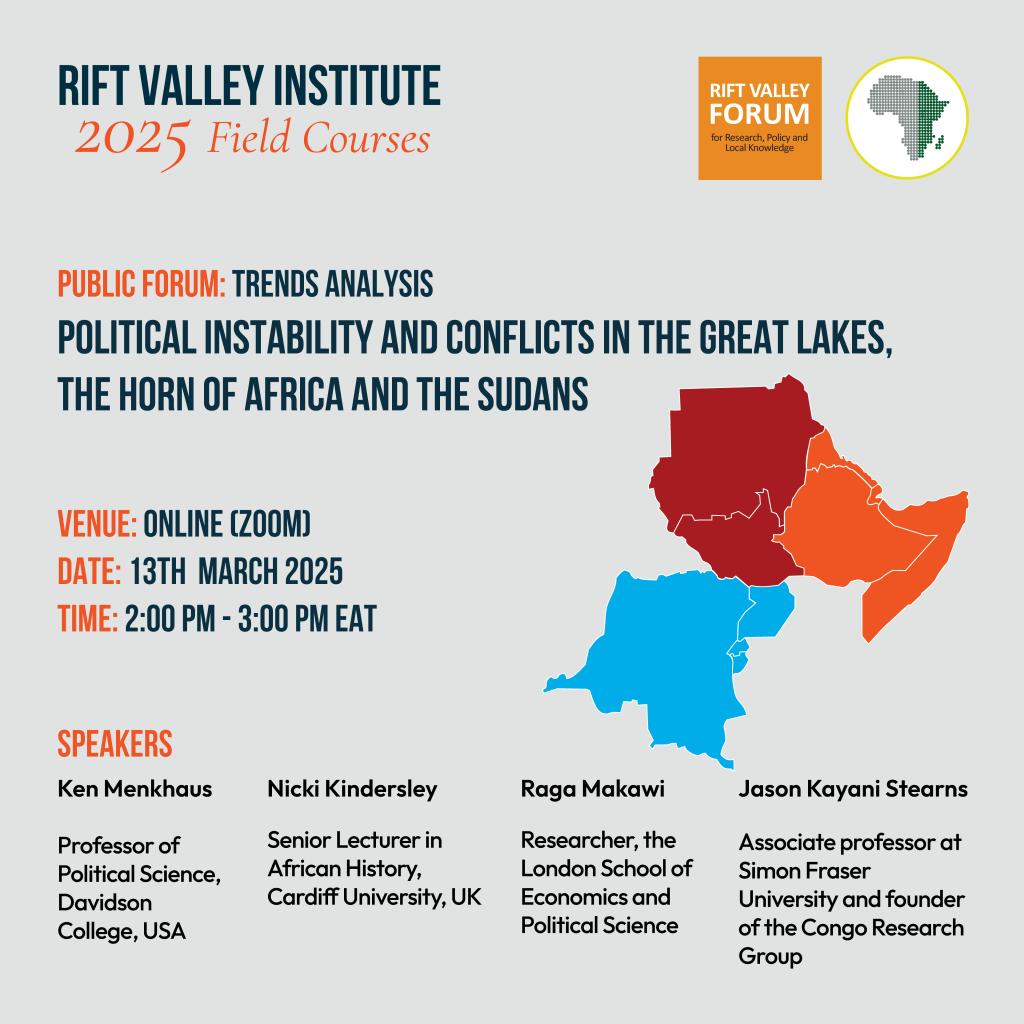
Format: Zoom WebinarDate: Thursday, 13 March, 2025Time: 2:00 PM – 3:00 PM EAT The Horn of Africa, Sudan and South Sudan, and the Great Lakes are all experiencing a surge in political instability and conflict: On 13 March 2025, the Rift Valley Forum will host a webinar that brings together a panel of leading experts—who will also […]
2025 GREAT LAKES COURSE
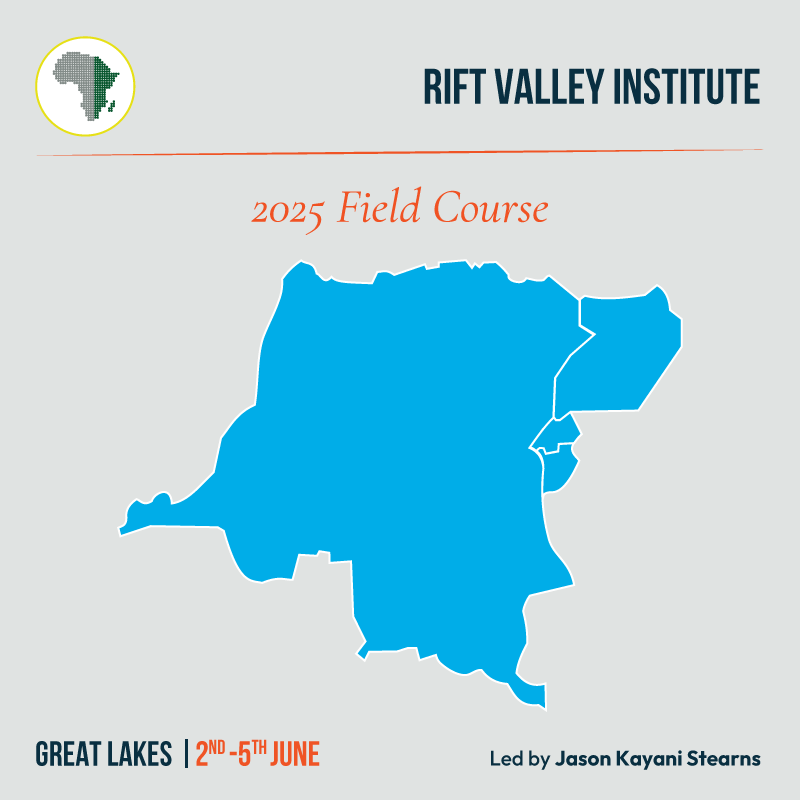
NOTE: Owing to unforeseen circumstances, the Great Lakes course will no longer take place. THEME: INTERLOCKING CRISES IN THE GREAT LAKES Led by Jason Kayani Stearns The Great Lakes region of Africa faces its most severe political crisis in more than twenty years. The M23 crisis in the eastern DRC has displaced close to 3 […]
2025 HORN OF AFRICA COURSE
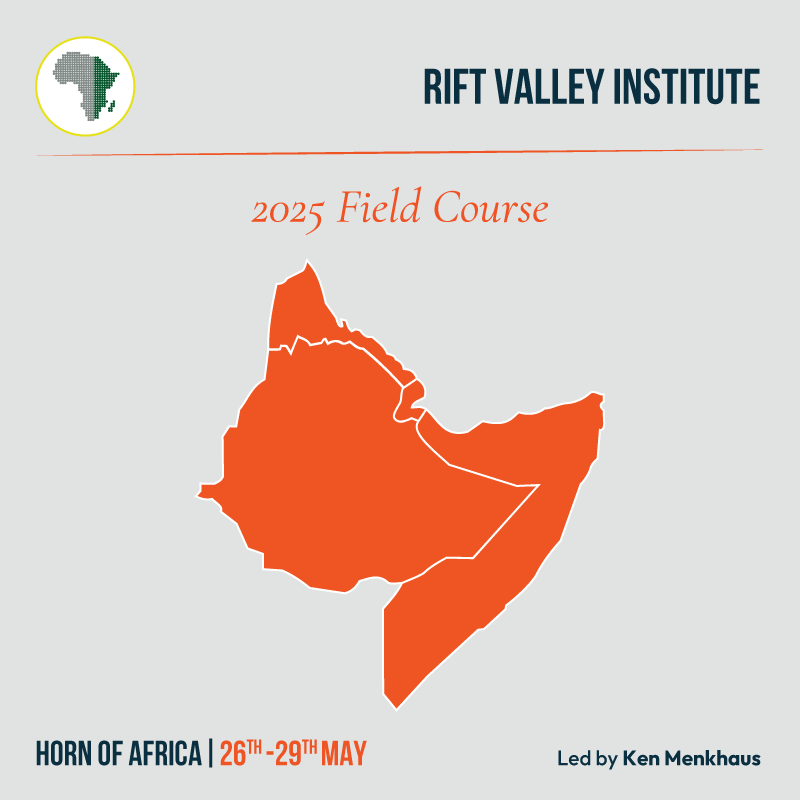
26-29 MAY 2025 THEME: TURBULENT WATERS IN THE HORN Led by Ken Menkhaus The Horn of Africa is entering a fifth year of extreme turbulence, a period that is testing the resilience of its states and citizens. The onset of the era of crisis began with the 2020 COVID pandemic and Ethiopia’s bloody Tigray war […]
The Social Impact of the Changing Course of the Nabek River in Kakuma Refugee Camp
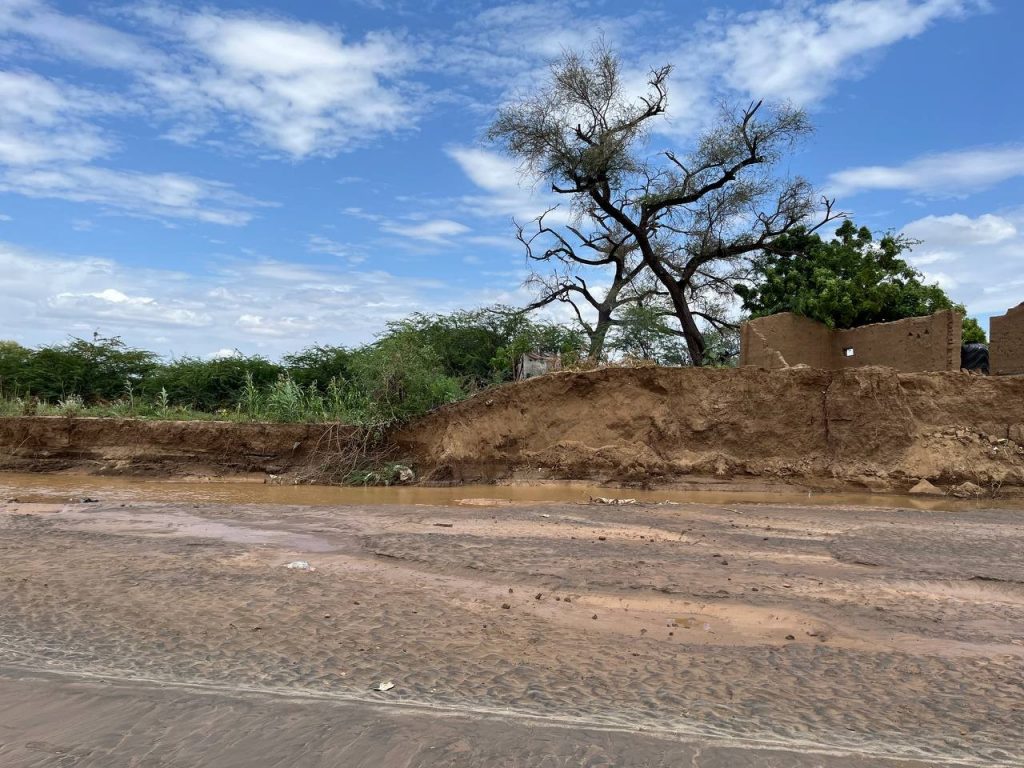
This blog examines the social impact of the shifting course of the Nabek River in Kakuma refugee camp where, when the river overflows and changes direction, it sweeps away homes, forcing refugees to migrate internally. By Robert Aharanya Claudio Introduction In this blog, I look at the social consequences of climate events, such as destructive […]
Women’s Perspectives on the Impacts of Water Scarcity in Kakuma Refugee Camp
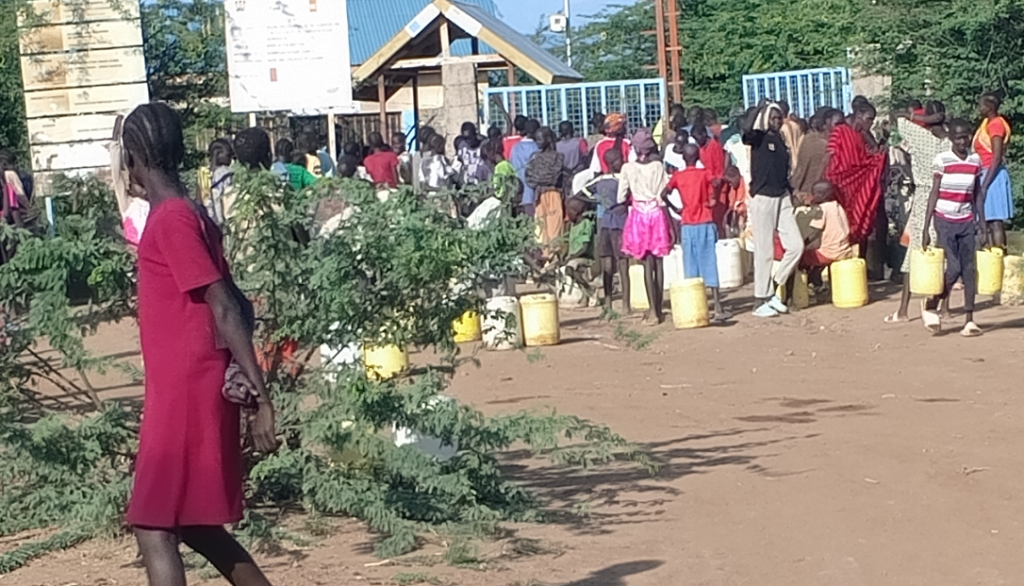
This blog explores how water scarcity affects women and girls, especially in their daily tasks, safety and health in Kakuma refugee camp, which is located in Kenya’s hot and semi-arid Turkana region. By Youniyas Abdurahman Seliman Introduction As climate change and growing population density worsen water scarcity worldwide, many women are being forced to come […]
The Role of Informal and Formal Microfinance in Women’s Livelihoods In Kakuma Refugee Camp, Kenya
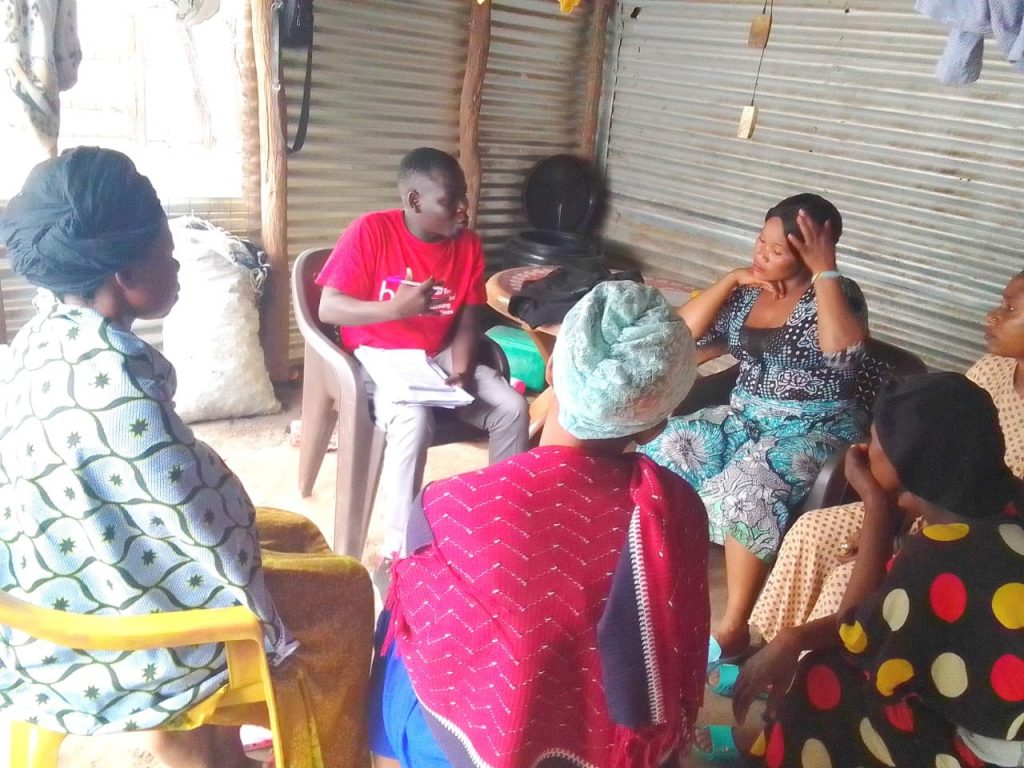
The research for this blog found that locally led women’s microfinance groups provided financial security and opportunities for refugee women who could not get funds from banks or NGOs. By Tamanji Logodi Introduction Originally a temporary home for South Sudanese fleeing war, Kakuma refugee camp now houses refugees from many countries in eastern, central and […]
BARRIERS TO REFUGEE INTEGRATION IN KAKUMA AND KALOBEYEI,NORTH–WEST KENYA
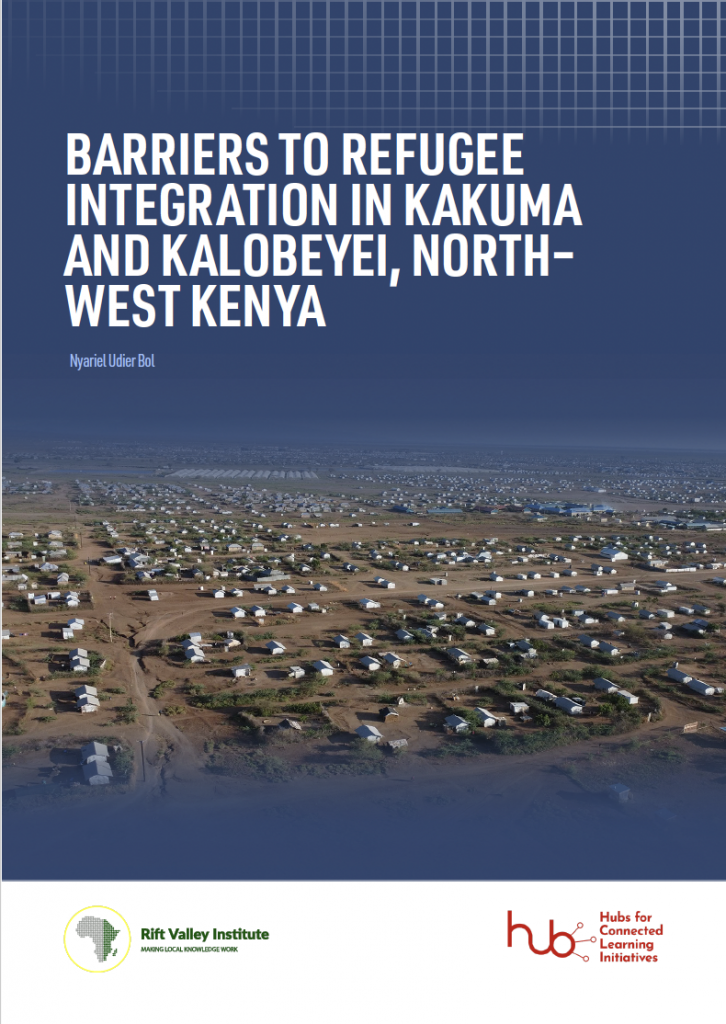
Why are the majority of refugees in Kakuma and Kalobeyei refugee camps in north–west Kenya resistant to the Kenyan government’s new official policy of integration with the local community? This paper explores this question through personal interviews and focus group discussions with a selection of refugees in the two settlement complexes and through a review […]
LIVELIHOODS AND PROSPERITY: EXPLORING SELF-RELIANCE BEYOND ECONOMICS IN KAKUMA REFUGEE CAMP
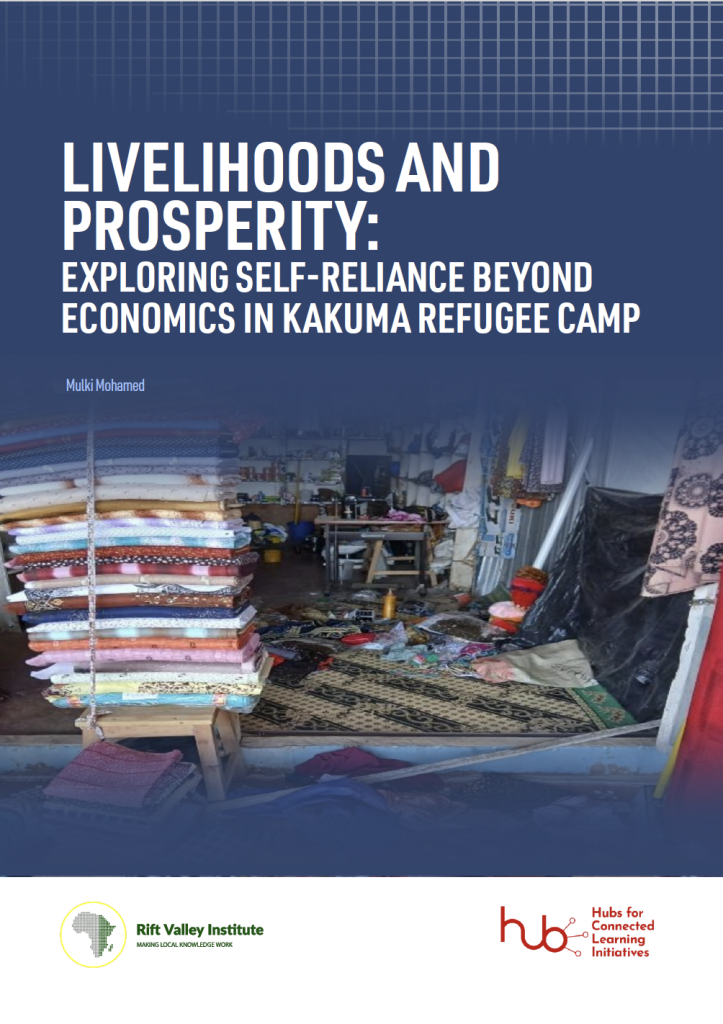
This paper explores how agency and livelihoods are articulated and shaped in the overall picture of refugee life as a whole, specifically in Kakuma refugee camp in north-western Kenya. It digs into the details of how refugees exercise self-reliance, resilience and identity, questioning conceptualizations of livelihoods framed purely in economic terms. It explores livelihoods as […]
